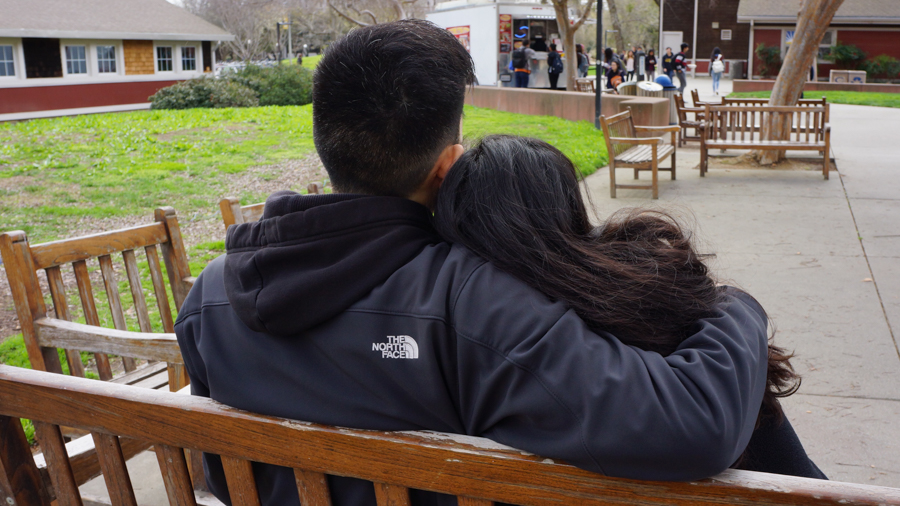
UC Davis study shows long-term and short-term relationships are not differentiable
The old adage “love at first sight” might’ve just been weakened by UC Davis professor Paul Eastwick’s recent study. The study compared the timing of milestones in short-term and long-term relationships along with the occurrence and intensity of romantic experiences. They found that when people first met, there was no telling whether or not the relationship was going to be short-term or long-term.
“We asked participants to reconstruct the entire history of their short-term and long-term relationships, beginning with the moment they met the person who would eventually become a short-term or long-term partner,” Eastwick said. “It’s a procedure that takes people anywhere between 30 minutes and an hour to complete — it’s quite time-intensive because they have to reconstruct a series of dates when important events in that relationship took place.”
What made this research different from other research conducted in the field was that participants were asked to reconstruct their current or prior relationships from the beginning rather than studying participants while they were in the relationship, which is the usual approach. After surveying over 800 people, they found that short-term and long-term trajectories normally only split up after a few weeks or even months of getting to know someone. This research also led to other findings like increased romantic interest when the other party is a stranger and not a friend.
“One of the major questions that many people who are single and dating want to know is, ‘how do I predict whether this relationship has a future?’ In human studies, it’s actually very rare to examine the beginning of relationships,” said Karen Bales, a professor in the Department of Psychology at UC Davis. “Dr. Eastwick and his co-authors used some very novel methodologies to look at the beginnings of short-term vs. long-term relationships, and their main finding is that the two types of relationship are very difficult to distinguish at the start. Overall, this research gives significant insight into a period of relationships about which we know very little.”
The romantic interest levels were significantly higher for the first meeting in a short-term relationship at 41%, compared to a long-term relationship at 34.2%. Romantic interest rises at the same rate for both short-term and long-term relationships but by the 25th turning point in the relationship, the trajectory of the short-term relationship has declined while the trajectory of the long-term relationship has remained relatively higher.
“Identifying similarities and differences in the relationship trajectories, and the experiences along the way, of what ultimately turn out to be shorter vs. longer term relationships is very important, yet is understudied,” said Lorne Campbell, professor in the Department of Psychology at the University of Western Ontario. “The research by Eastwick and colleagues is therefore very timely.”
The main takeaway from this research is that first impressions aren’t the be-all and end-all when it comes to romantic relationships.
“It suggests to me that it is worth being skeptical of one’s own impressions of a potential partner, at least right away,” said Eastwick. “If we don’t really know whether we would like to be in a relationship with someone for the short-term or the long-term until some time has passed, it suggests that we should not put too much weight on our own first impressions.”
Written by: Kriti Varghese — science@theaggie.org





